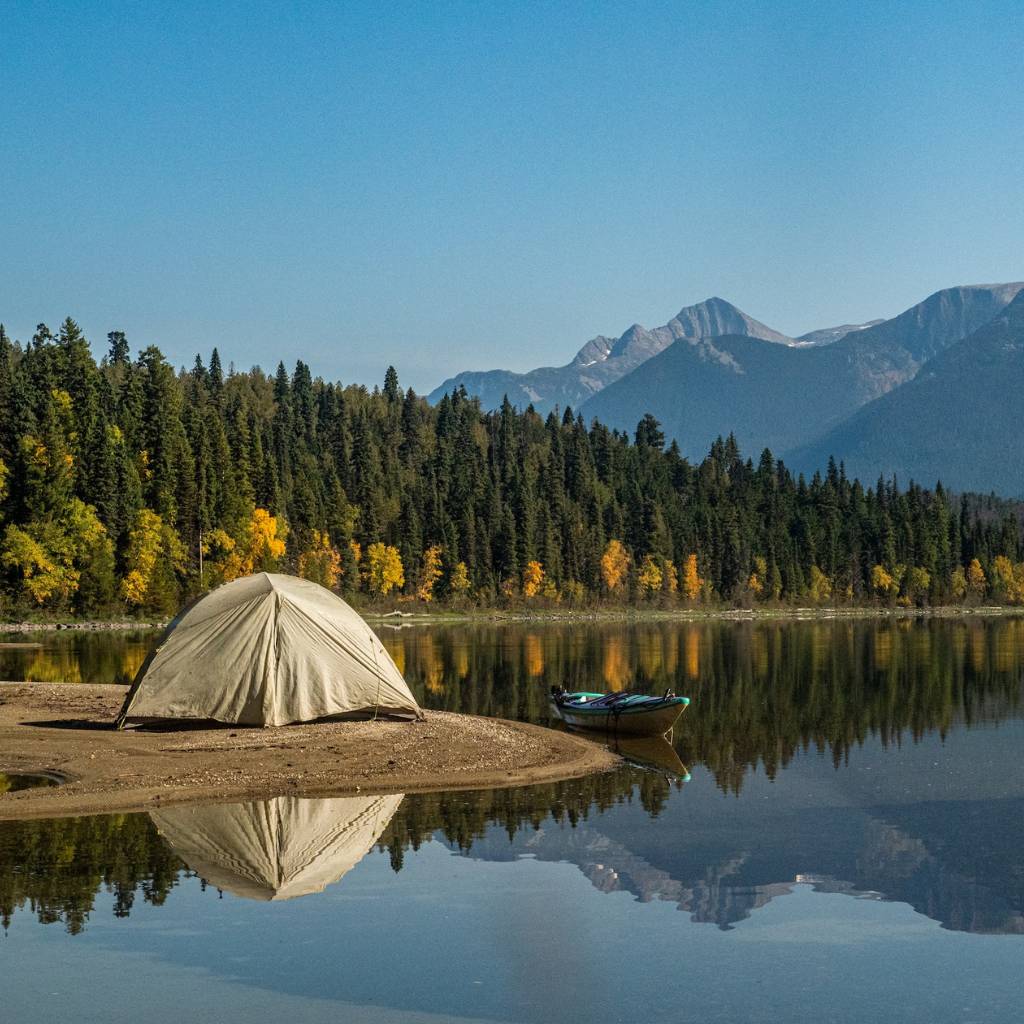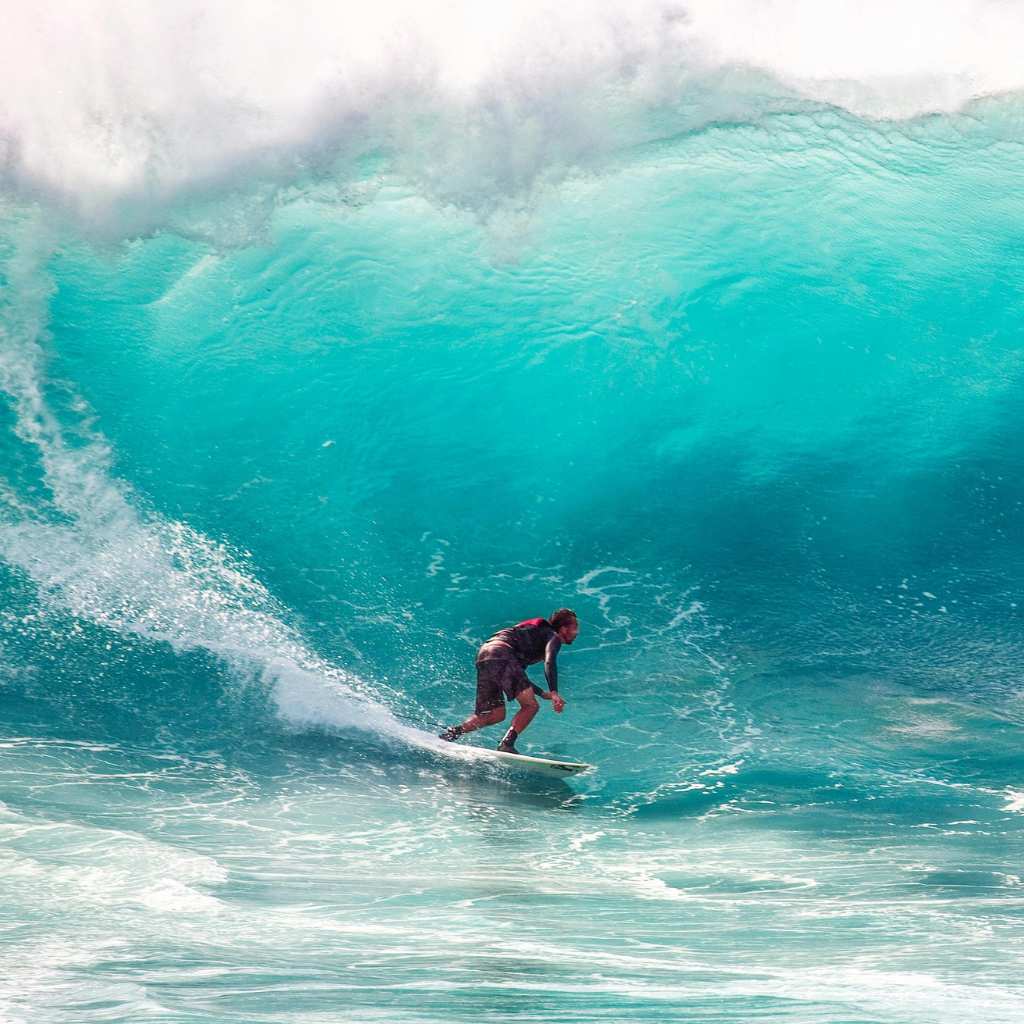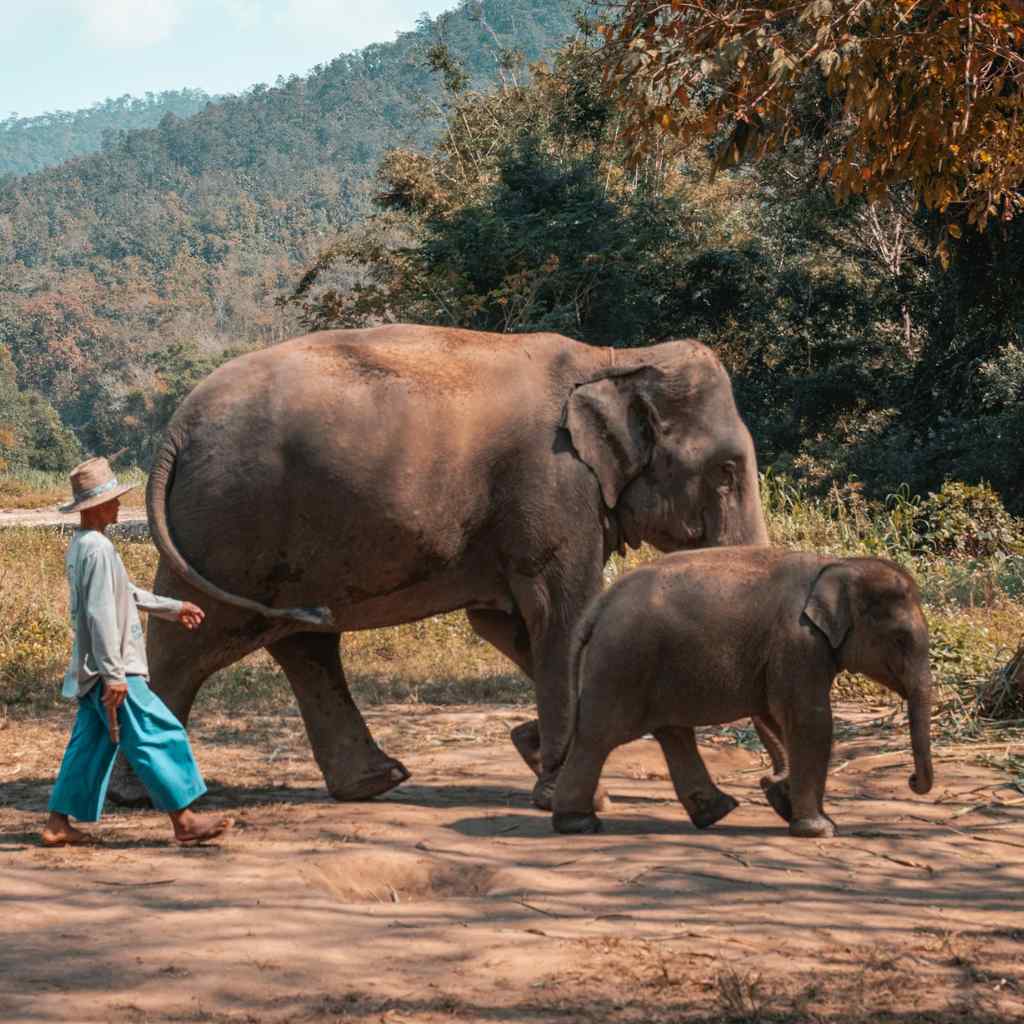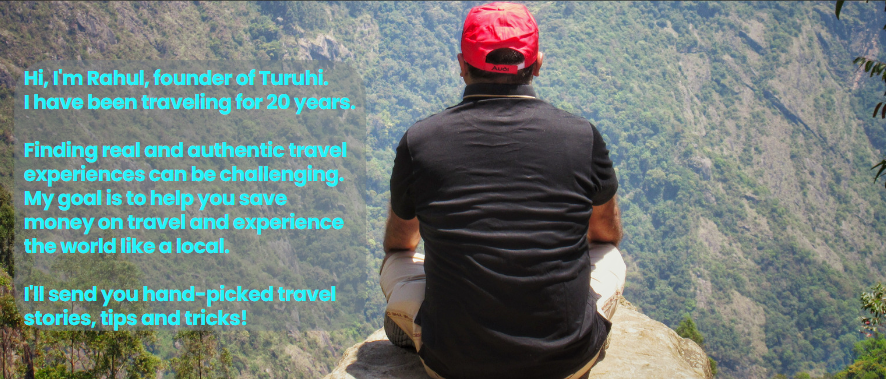A solo camping trip is a unique experience that offers the ultimate freedom, allowing you to escape the hustle and bustle of everyday life and connect with nature on your terms.
However, it also requires careful preparation and planning, particularly when it comes to choosing your camping style and packing the right gear.

Determining Your Camping Style: An Integral Part of the Solo Camping Adventure
The style of camping you choose forms the core of your solo camping trip. This choice is deeply personal and depends largely on your adventure preferences, experience level, and the kind of outdoor experience you’re looking to embrace.
Whether you’re a seasoned camper seeking a fresh challenge or a novice looking to connect with nature in the most straightforward manner, there’s a camping style for you.
Here, we delve deeper into three popular camping styles, each offering a unique approach to outdoor living: tent camping, hammock camping, and backpacking.
The Classic Approach: Tent Camping
Tent camping is the quintessential form of camping. It’s where most people begin their journey into the world of outdoor adventures. The premise is simple: pack a tent and head out to the wilderness, setting up your portable home wherever you choose.
This style is incredibly versatile. You can opt for a spot in a well-appointed campground with amenities like restrooms, showers, and a potable water supply. These campgrounds often also provide picnic tables, fire pits, and even Wi-Fi, making it a perfect fit for beginners or those who appreciate a few home comforts.
Alternatively, if you’re looking for a more rugged, solitary experience, you can head into more remote areas. You could be setting up camp in a forest clearing, beside a tranquil lake, or even on a mountain plateau, miles away from the nearest soul. Here, the only sounds are the ones nature provides, and the views are truly your own.
A Unique Alternative: Hammock Camping
Hammock camping presents an intriguing alternative to traditional tent camping. The idea is to suspend a specially designed camping hammock between two sturdy trees or other anchor points, giving you a comfortable and versatile place to sleep.
This style is particularly beneficial when you’re in rocky, sloping, or uneven terrain where setting up a tent would be problematic.
Hammocks are lightweight, making them a boon for those conscious of pack weight. Sleeping in a hammock can also be incredibly comfortable, with many people reporting better sleep than in a conventional tent.
However, hammock camping isn’t for everyone. It requires you to camp in areas with suitable anchor points, usually trees, which isn’t always possible in some landscapes.
Also, protection from weather conditions can be more challenging, and you’ll need to consider additional gear like tarps, bug nets, and underquilts for colder conditions.
The Adventurous Path: Backpacking
If you’re experienced, physically fit, and seeking an adventure that gets you away from the typical camping spots and into the wilderness’s heart, backpacking may be for you.
This style involves carrying everything you need to survive in a backpack and hiking to your camp spot, which could be deep in the forest, up in the mountains, or by a secluded lakeside.
Backpacking allows you to reach those magical, remote areas that few people visit. It offers a unique blend of hiking and camping, where the journey and destination become one.
This style, however, requires significant preparation, a higher skill level, and an understanding of how to pack light but effective. You’ll need to carry food and water, alongside your shelter and sleeping gear, without overburdening yourself.
Whichever style of camping you choose for your solo adventure, remember that the main goal is to enjoy the experience. It’s about connecting with nature, finding peace in solitude, and perhaps, discovering more about yourself.
So, consider your preferences, weigh the pros and cons, and choose the approach that resonates with you the most. From there, all that’s left to do is to start packing and hit the road to your next adventure.
Gathering Your Essential Gear
Regardless of your camping style, certain gear is essential for every solo camping trip. This includes shelter, sleeping gear, cooking equipment, and safety tools.
Shelter and Sleeping Gear
Whether you’ve chosen a tent, hammock, or backpacking, you’ll need appropriate shelter and sleeping gear. This includes not only your tent or hammock but also a quality sleeping bag suitable for the expected weather conditions and a sleeping pad for added comfort and insulation.
Cooking Equipment
Food is a crucial part of any camping trip. Basic cooking equipment includes a portable camping stove, fuel, a pot or pan, utensils, a plate, and a mug. Don’t forget a cooler if you plan on bringing perishable food.
Safety Tools and First Aid
Safety should be a priority on a solo camping trip. Always carry a detailed map and compass, a headlamp or flashlight with extra batteries, a multi-tool or knife, and a fire starter. A fully stocked first aid kit is also crucial.
Preparing for Your Solo Adventure
Aside from choosing your camping style and packing your gear, you also need to plan your trip thoroughly. This includes selecting a suitable campsite, planning your meals, and informing others about your trip.
Selecting a Suitable Campsite
Choose your campsite based on your camping style, desired amenities, and the type of natural surroundings you prefer. Research the site thoroughly, noting any potential hazards and the availability of water.
Planning Your Meals
Meal planning is essential to ensure you have sufficient and nutritious food for your trip. Plan each meal, and remember to pack high-energy snacks. Keep meals simple to minimize cooking time and cleanup.
Informing Others About Your Trip
Finally, always let someone know about your camping plans, including your destination, route, and when you expect to return. This information is vital in case of an emergency.
Final Considerations
Embarking on a solo camping trip can be a transformative experience. It’s an opportunity to challenge yourself, gain new skills, and find tranquility in nature.
By choosing the right camping style, packing essential gear, and thoroughly planning your adventure, you can ensure a successful and rewarding solo camping experience. The wild is calling; it’s time to answer with confidence and preparedness.





Add a Comment